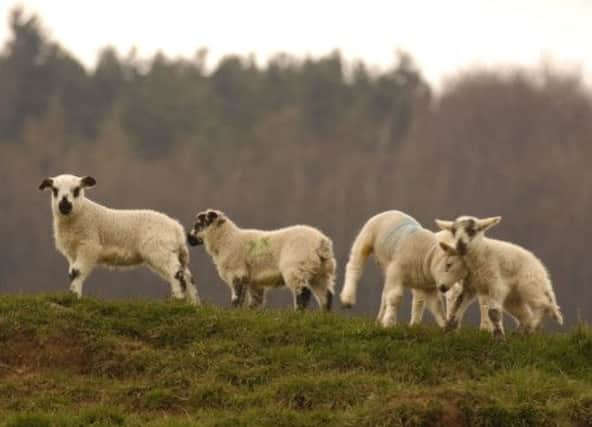Farming: Call for ‘revolution’ on land use


That is the message that will be given out today by Professor Bill Slee from the James Hutton Institute, at a land-use debate in Gordonstoun School.
His comments particularly relate to what is now called the “squeezed middle”, land which lies above the fertile arable land and below the mountain tops.
Advertisement
Hide AdAdvertisement
Hide AdSpeaking ahead of the event, he commented this “in-between” land has been the historic battle ground between farmer and forester, with both laying prior claim to the acres.
Part of this divide has lain in traditional land ownership, with landlords retaining rights on forestry while letting land for farming.
As a consequence, he believed some farmers had a “visceral” dislike of trees but this attitude had to be changed in the 21st century if Scotland was going to maximise its land assets.
He said that many “in-between” areas were now lying bare, with under-grazed, treeless pastures and these were losing out on the potential synergies that could be gained from growing more trees in the landscape.
He wanted to see the next rural development programme offer financial incentives for mixed use of land and referred to those farmers who had already gone down the road of allowing livestock to graze in woodland.
Another possibility in breaking the old divisions between the two sectors of rural life might come with the development of greenhouse gas emission credits.
These could see arable farmers on the better ground paying those in upland areas whose trees were helping to absorb CO2 emissions. But he said this would depend on different values being allocated to these credits than exist at present in dealing with industrial emissions.
Slee, compared the much more integrated land use that was common in mainland Europe as providing a template for what should be happening in Scotland.